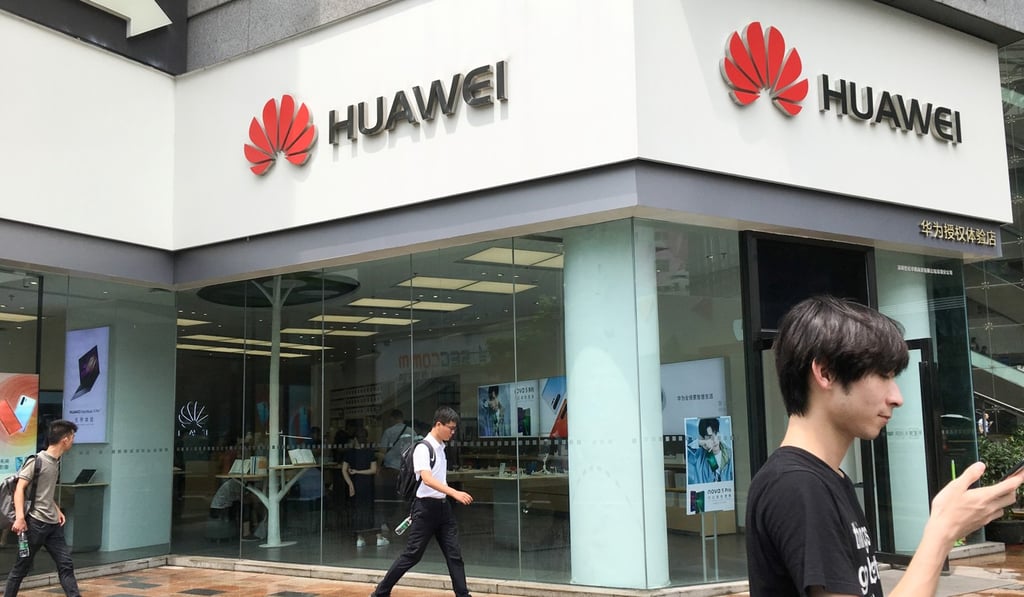5G cloud gaming was the hot topic at ChinaJoy 2019. But is it just hype, or a real game changer?
- With 5G cloud gaming, developers will no longer need to be involved in making games suitable for different operating systems

At China’s biggest annual video gaming convention, attendees rushed to test out the latest first-person shooter and vast array of gadgets.
But one topic in particular had developers and analysts talking at the 2019 China Digital Entertainment Expo & Conference, known as ChinaJoy for short, and which ran from August 2-5 in Shanghai: 5G cloud gaming.
According to analysts at industry research firm IDC, the new technology has the potential to reshape the industry, bring in new players and boost revenue for game developers.
Mobile video games are currently created by developers and distributed for iOS and Android platforms. However, with 5G cloud gaming, developers will no longer need to be involved in making games suitable for different operating systems, said Turian Tan, gaming market analyst at IDC, in an interview this week.

“Currently game developers have to share their revenue with distribution channels, game publishers, even phone carriers,” Tan said. “5G cloud will enable payments to be made directly to developers because the cloud service will play all the roles.”